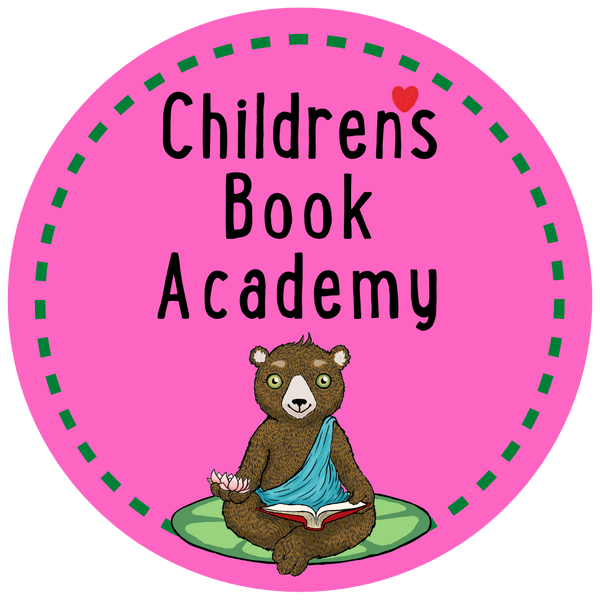No matter where you are in your career as a writer, you continually sit down to write and find out what you (and your characters) have to say. As you write, you cultivate your creativity and grow as a writer, if you pay attention.
Here are two writing studies (my word for prompts) to both inspire your writing and to show you something about your relationship to your creativity. The studies are from my book, Room to Write, but I’ve added special options relevant to kidlit writers.
Notice which option is most enticing and the one that is least appealing to you in each study. The former lights your creativity up and the latter is a challenge. You decide which spark to kindle. I’d love to know your choice and read your results.
Description:
Eat It
One of life’s greatest pleasures is the ability to taste. Salty, sweet, nutty, sour, fruity, spicy, and on and on. What is your favorite food? Your comfort food? What do you refuse to eat? Taste is a delicious place to hone your descriptive skills. Describing flavors can be as simple as listing their ingredients or as complex as portraying the way different foods and spices relate to one another.
Even more enticing can be describing the way a person tastes. By this, I don’t mean cannibalism, but rather the flavor of a person: their physical taste (such as when you kiss) or that of their personality. What flavor is your best friend? Your dog? What is your flavor?
WRITE only through your sense of taste. Speculate on and imagine the taste of whatever surrounds you. Without necessarily writing about food, have you or your main character experience the world as flavors. Turn all your characters into different foods.
Character:
Dear Abby Within each of us is the collective wisdom of our species. You can gain access to it through the act of writing. Your writing is moving when the reader recognizes a truth that resonates deeply. We read and write as often as a way to remember as a way to learn.
Writing stories and poems calls on us to hear the voices of reason, passion, advice, and concern conversing inside us all the time. It isn’t that we need a quiet place to work so intently we won’t be distracted, but that we need quiet to concentrate on listening to one voice at a time. Each voice from our collective wisdom is also the kernel of a character developing.
CHOOSE a situation in your life about which you need advice. Start by presenting the problem. Listen to the different internal voices that respond. Then home in on one voice at a time and transcribe the advice verbatim. Use one or more of these voices to develop characters. Or have one or more of your characters write to Abby (or someone else) for advice and receive an answer. Or have a character experiment with receiving three very different advices and see what happens when your character tries each one of them.
|
Bonni Goldberg is the best-selling author of Room to Write: Daily Invitations to a Writer’s Life. She has taught creative writing at colleges and led writing workshops internationally for all ages. Bonni is an award-winning poet and writer. Her methods and perspectives have empowered thousands of people. She has written books for adults, families, and children. Both traditionally and indie published, Bonni believes everyone is creative and encourages her readers and students to discover and share authentic, relevant, and meaningful experiences. Bonni Goldberg, MA Connect with Bonni: @bonnigoldbergbooks |








